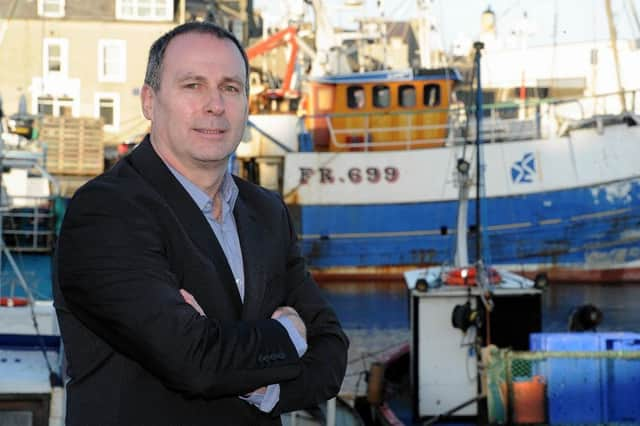What impact will European Union exit have on fishing?


Ironically, these views, which are based in the past, are at odds with where the industry is currently in Scotland. With many stocks certified under the gold standard of MSC certification and with 28 new vessels on order worth over £250 million the sector would seem to be confident over its future.
This current profitability has failed to sway long-held beliefs that managing our own affairs and being out of Europe are where we want to be. Many look to Norway as a good example of how we should run our fisheries as an independent state, and I have to say I’ve long been jealous that Norwegian fishermen are allowed to sit shoulder to shoulder with their negotiators when squaring up to the EU at the annual quota negotiations, whilst EU fishermen are left sitting in the corridors waiting to be fed scraps of information.
Advertisement
Hide AdAdvertisement
Hide AdRecent amendments to the Common Fisheries Policy, which dictates that fishermen land all the fish they catch, large or small, has pretty much been the nail in the coffin with regards to seeking change. Whereas my role is to lobby for that change within what is a complicated EU political system, those not so politically charged as me find the system unnecessary, complicated and riddled with democratic deficit.
The recent introduction of fisheries into co-decision, which means that 751 MEPs now vote on most fisheries issues, has attracted a scrutiny from industry that has led to one view and one view only – this is madness.
The next few years pose a significant challenge for both our national government and the fishing industry. The challenge is great but the rewards attractive. Government must now lean on industry leaders, like me, to ensure that good governance and inclusion is delivered.
- Mike Park is Chief executive of the Scottish White Fish Producers Association